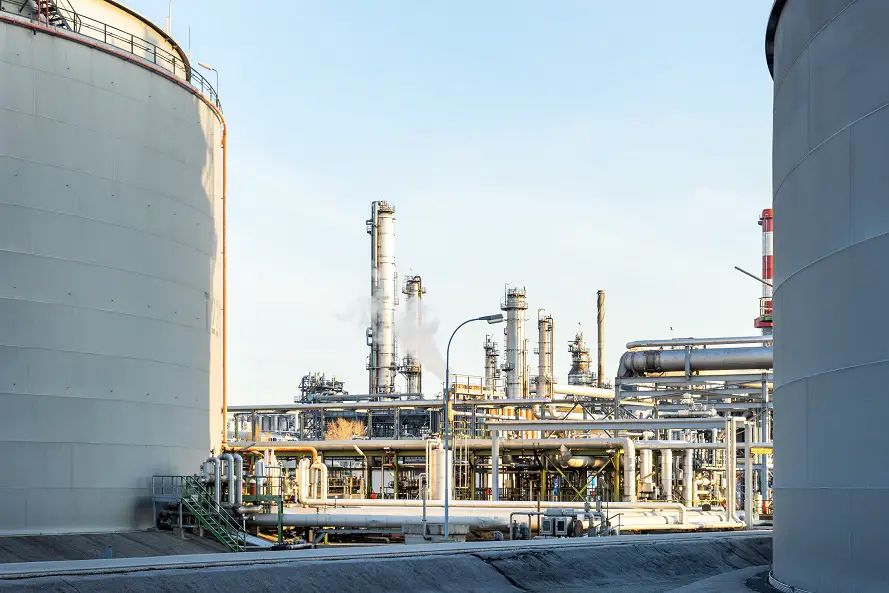According to a report in Bloomberg, the Biden administration has begun reaching out to major players in the oil industry, seeking to see if it can coerce them to reopen shuttered refineries to ease the supply constraints that are producing skyrocketing energy prices. The report quoted an unnamed source, who said some of the officials reaching out were from the National Economic Council.
The report noted that since the start of the pandemic two years ago, as the oil industry has shuttered refineries, it reduced refined output capacity by over one million barrels per day. This is in part, why gasoline has soared from $3.035 per gallon a year ago to $4.60 per gallon today. Globally, the industry saw 2.13 million barrels per day in refining capacity shut down since 2020.
In addition to the shutdown of the refineries, there are two operational refineries scheduled to be taken offline for conversion to biofuel production facilities in the near future, which will only further reduce capacity in the midst of a shortage.
A shortage of refining capacity has been exacerbated by high crude oil prices. So far the administration has attempted a number of measures, most recently committing to releasing 180 million barrels from the Strategic Petroleum Reserve over six months, following on a previous release of 50 million barrels.
But refined supply of distillates continues to remain tight, and the war in the Ukraine is causing even more supply disruptions, leading to continued high prices.
It is worth noting sometimes highly powerful individuals can weigh their interests upon governments, and affect such policy decisions if they feel a major move in the market could be of benefit to them. Increasing refining capacity could prove to be a highly effective measure with regards to lowering energy costs. If this initiative were followed through effectively, it is likely the smart investors would be sure to be positioned to benefit from lowering energy costs in the overall markets, and the economic expansions which would occur under such conditions.
The timing would not be quick, however, and could take years.
As one individual familiar with the sector noted, if this initiative were successful, the effects would not be seen quickly. Depending on how the refineries were shut down, and how long they have been shut down, they may require physical maintenance, their safety systems may require recertification, their piping systems will need to undergo evaluation, some equipment may need to be replaced after storage, they may have various permits and qualifications which will require new submissions to relevant agencies and waits for approvals, and they may now need to find and hire operators, technicians, and engineers, and have all undergo various training and certifications to make sure they all comply with all safety and regulatory standards.


